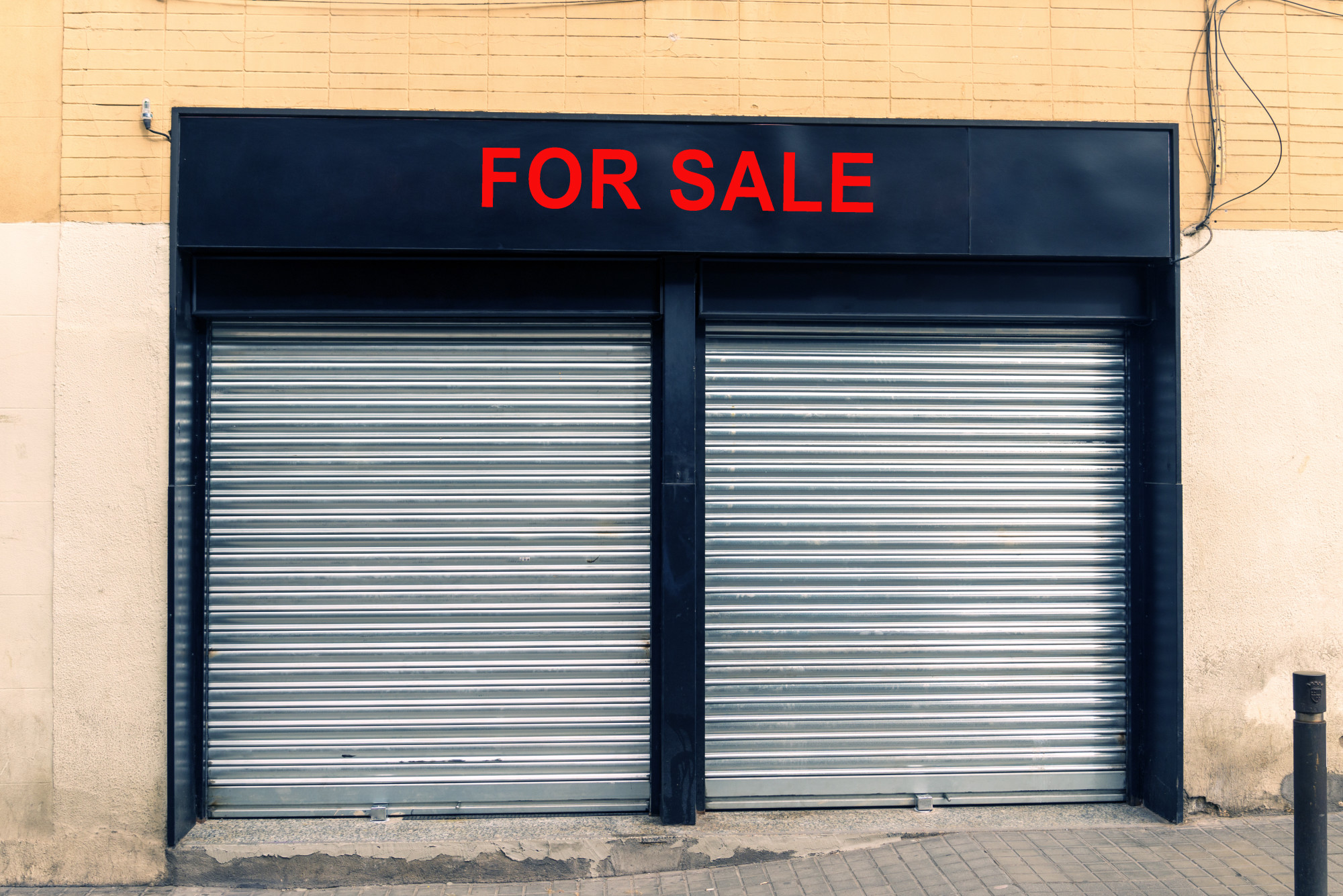Commercial Real Estate Loans 101: Everything You Need to Know
You’re driving home from work one day and you see it!
A FOR SALE sign is posted in front of that busy strip mall. You know the one with popular retails stores and a parking lot full of cars. You notice the phrase Short Sale dangling from the bottom of the for sale sign.
Have you finally found that gem of an investment opportunity? When the average return on investment for commercial real estate is 9.5 percent, it’s certainly worth finding out!
If you think this might be your gem, you’ll need to learn about commercial property loans. Keep reading to get some commercial real estate lending basics.
What Is a Commercial Real Estate Loan?
A commercial real estate loan is a mortgage on a commercial property. A commercial property loan can be used for acquisition, development or construction.
Commercial property is income-producing real estate that is used solely for business purposes, such as:
- Office buildings
- Strip malls
- Warehouses
- Industrial plants
- Malls
- Medical centers
- Hotels
- Farmland
- Apartment buildings
- Garages
Unless you have the cash to pay the full purchase price of a commercial property, you’ll need to secure financing. How hard could that be? After all, you have a residential mortgage. Isn’t it fair to assume a commercial mortgage wouldn’t be much different?
This assumption would be a rookie mistake for first-time commercial real estate investors! Both types of mortgages are collateralized with real estate, but the similarities end there. Let’s take a look at the differences.
If you’re looking for commercial real estate opportunities in orange county, click here.
How Are Commercial Property Loans Different from Residential Property Loans?
The best way to understand the differences between commercial mortgages and residential mortgages is to put yourself in the shoes of the lender. In short, commercial mortgages are perceived as riskier investments than residential mortgages. Here are a few reasons for the perception of higher risk:
Your priorities. If you’re in the position to be purchasing commercial property, you most likely own your own home. When a lender reviews all of the debt obligations of a borrower, they think about which obligations a borrower prioritizes if their ability to pay all their bills were to become limited. Lenders know that a borrower will prioritize payment of their residential mortgage over their commercial property mortgage.
Secondary market option. When you signed your residential mortgage loan agreement, you probably agreed to allow your mortgage to be sold in the secondary market. Fannie Mae, Freddie Mac or the Federal Housing Authority (FHA) can buy your mortgage from your lender. When this happens, your lender is no longer carrying the risk that you won’t pay the loan.
On the other hand, commercial property loans are rarely sold in the secondary market, so lenders keep these mortgages on their books. In other words, your lender maintains the risk that you will not pay back to loan. The lender will only grant commercial real estate loans to borrowers that they are confident will pay off the mortgage as agreed.
Source of repayment. When you applied for your home loan, you were asked to show proof of income. Based on that proof, the lender knew how you were going to pay the mortgage payment. It’s a little more complicated for a commercial real estate loan.
The source of repayment for a commercial real estate loan is often from tenant leases. For example, if you purchase a strip mall, you may have 6 tenants with leases that expire at different times. This is a risk to the property’s cash flow, the source of repayment to the lender.
Rate and term. Commercial property loans are their higher interest rates and much shorter repayment schedules. This higher rates and shorter terms are directly related to the lender’s risk assessment.
Do You Qualify for Commercial Real Estate Loans?
As you may have guessed based on our discussion above, it’s more difficult to qualify for commercial property loans than residential real estate loans. It’s a rigorous application and due diligence process.
Lenders have different criteria to determine who is a qualified borrower. In addition, lenders adapt their lending criteria based on market conditions. But all lenders will evaluate you based on some combination of the following five factors.
Character. A minimum credit score of 680 showing a track record of repaying debts as agreed, including a credit history without tax liens, foreclosures or recent bankruptcies.
Capacity. A positive net operating income on the property and at least a 1.25x debt service coverage ratio.
Capital. Equity injection of 20 to 35 percent of the property’s purchase price.
Collateral. Different types of real estate have different levels of risk for lenders. This impacts the assigned loan-to-value which can be anywhere between 50 and 90 percent.
A single purpose property, like a church, has a lower loan-to-value than a flexible purpose property, like an office building. If the collateral is owner-occupied, this will increase the loan-to-value.
Conditions. Choosing a commercial property in the right place and at the right time are important considerations. Lenders know you can’t necessarily control the economy or industry but you can research and be prepared to address any weaknesses in market conditions.
How Do You Apply for Commercial Real Estate Financing?
You understand by now that lenders have high expectations of commercial property loan applicants. Read below for a few tips on preparing for a smooth application process.
Research lenders. There are thousands of commercial real estate lenders. Some lenders focus on small loans, some on large; and some only lend against certain property types. You need to research lenders to identify where you’ll have the strongest possibility of qualifying.
Gather documents. Lenders’ requirements vary. Are you an individual applying for your first commercial real estate loan? Are you an experienced commercial real estate investor? At a minimum, the lender will need to see the following:
- 3 most recent years personal tax returns and a personal financial statement
- 3 most recent years of business tax returns and financial statements
- 3 most recent months of bank statements
- Property lease(s)
- Property rent roll (if not 100% owner-occupied)
- Property Income and expenses
- Evidence of cash-on-hand for your down payment
If you’re a first-time applicant for a commercial property loan, you should be prepared with a business plan demonstrating your ability to manage commercial property.
Submit application. Consider applying to multiple lenders to increase your chances of approval. If you receive more than one approval, you’ll have some negotiating leverage with your lenders.
Be patient. Loans for commercial real estate take longer to close. Some lenders may promise less than 2 months but expect up to 6 months to close on a commercial property.
Review the loan agreement. Commercial property loans are often structured with a 3- to 5-year term and a 15- to 20-year amortization schedule. This means that you’ll have a large balloon payment at the end of the loan’s term. Do you have a plan in place to make the pay-off?
You Owe It to Yourself
Now that you understand the basics of commercial property loans, find out what type of investment in real estate you want. Maybe you want to learn more about that short sale of the strip mall.
Whatever type of commercial property you decide to buy, this guide has prepared you to put your best foot forward with lenders.




Leave a Reply
Want to join the discussion?Feel free to contribute!